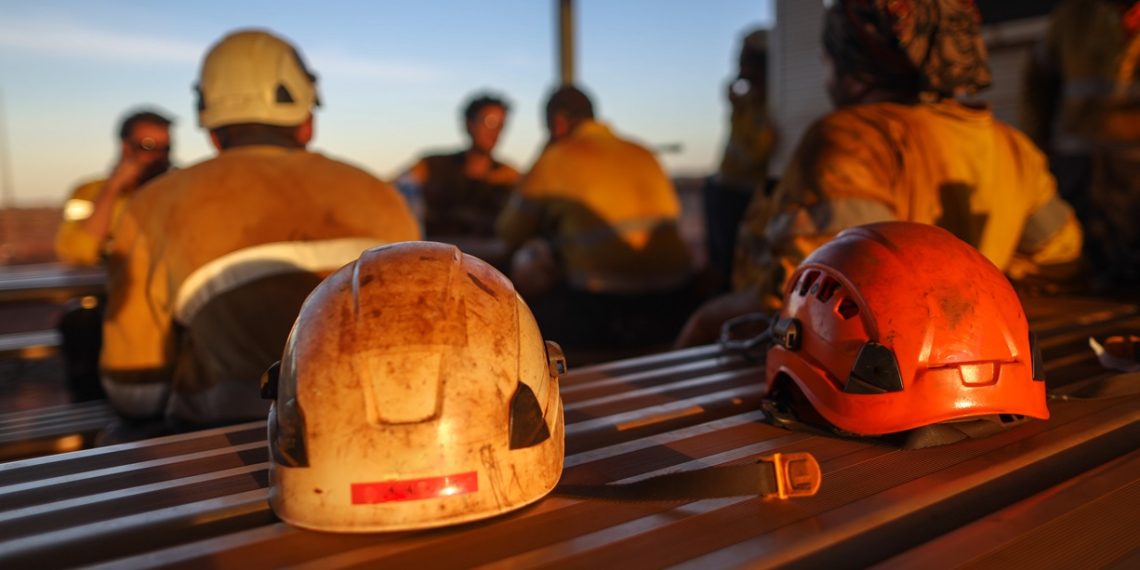Australia’s government is ramping up its support for the critical minerals industry with a substantial investment of nearly A$22M, as the country seeks to further strengthen its domestic production.
The funding, which is being given to three different organizations, will aid further critical minerals and rare earths research into the upstream, domestic, and downstream industries.
“These new research projects will support Australia’s Critical Minerals Strategy and our ambition for Australia to be a global clean energy supplier,” commented resource minister Madeline King.
“The path to net-zero by 2050 runs through Australia’s resources sector. The new research will help Australia further develop critical minerals and rare earths processes and encourage downstream processing to produce components for clean technologies.”
Critical minerals and rare earths play a vital role in technologies like storage batteries, electric vehicles, solar panels, wind turbines, and are also essential for defence and medical technologies.
While China currently accounts for a significant proportion of global rare-earth supply, processing, and magnet production, with a market share of 70%, 85%, and 90%, respectively. Australia is now attempting to position itself as an alternative source for other countries seeking to reduce their dependence.
The recipients for the investment include the Australian Nuclear Science and Technology Organisation (ANSTO), the Commonwealth Scientific and Industrial Research Organisation (CSIRO), and Geoscience Australia.
ANSTO has been awarded nearly A$14M for a research project to expedite the discovery, extraction, and processing of rare earth elements from lower-grade deposits.
Meanwhile, CSIRO has been granted about A$5M to develop intellectual property and expertise, which will benefit downstream industries in producing high purity metals and materials, extending value chains for lithium, rare earths, and will support value addition to tungsten ores and refractory metals.
Geoscience Australia’s A$2.7M will allow them to explore opportunities for a domestic industry in critical minerals such as gallium, germanium, and indium, often by-products of processing other commodities.
Australia’s investment in critical minerals research reflects a growing recognition of the geopolitical importance of these resources, particularly as the world seeks to address climate change and transition to cleaner energy sources by securing a stable and diversified supply of critical minerals.
Overall, Australia’s strategic investments and collaborations with international partners demonstrate a commitment to secure its position in the critical minerals market and contribute to the global clean energy transition.












